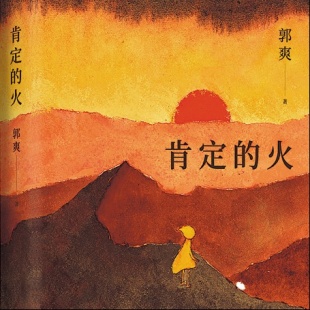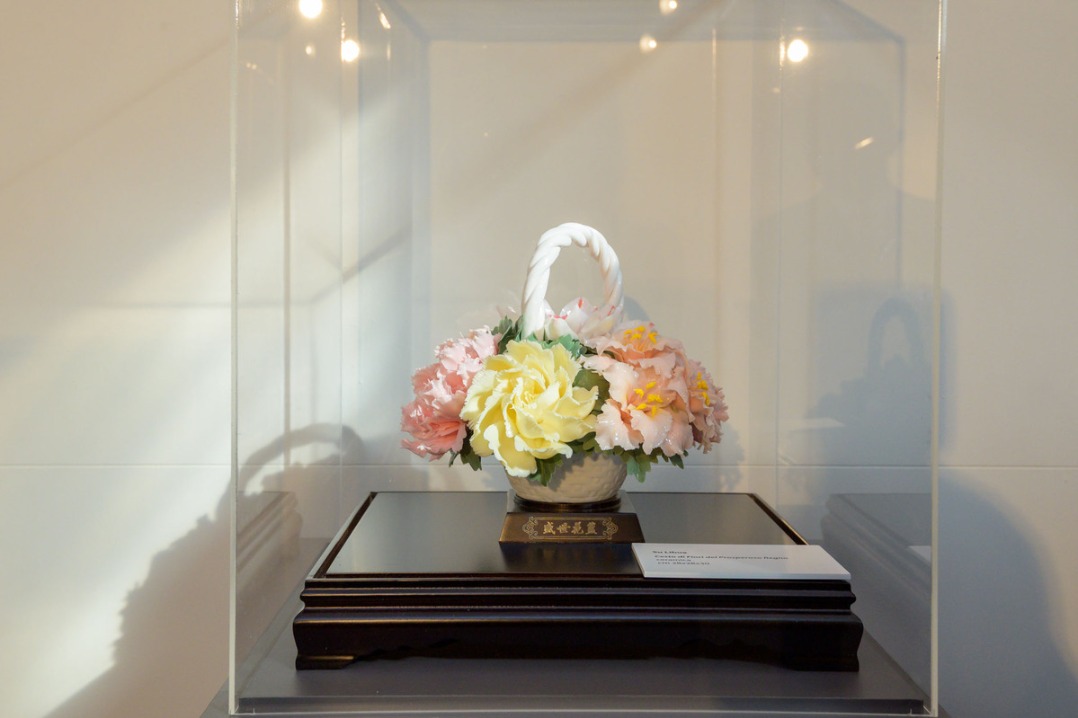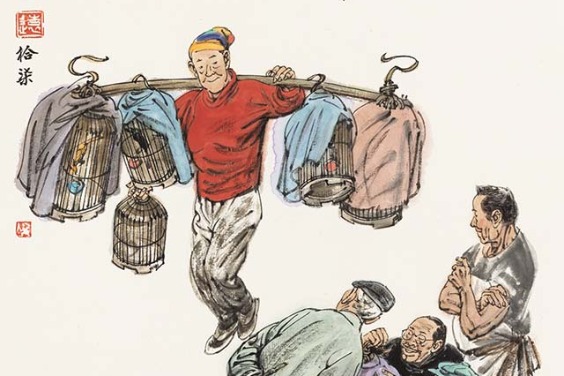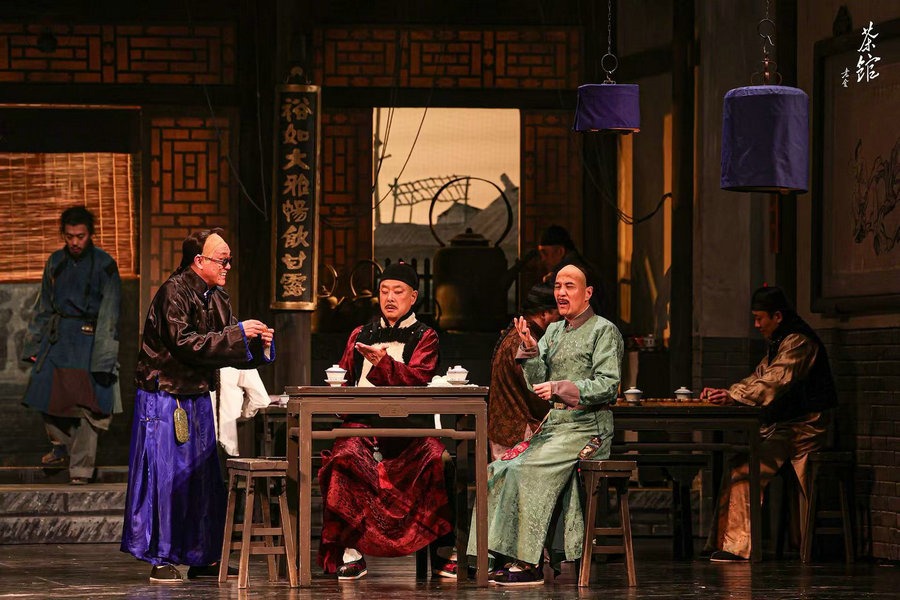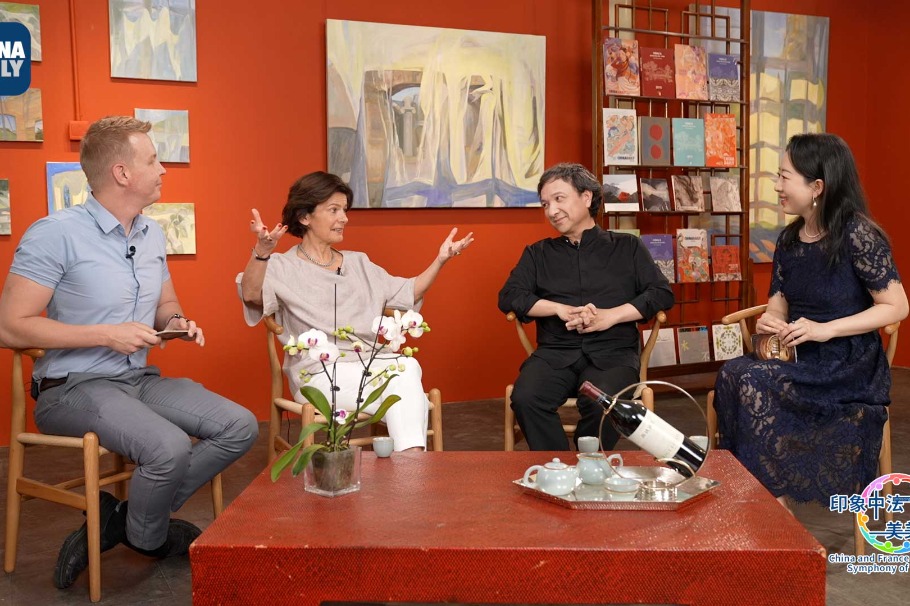Capturing lives of three generations of women in words

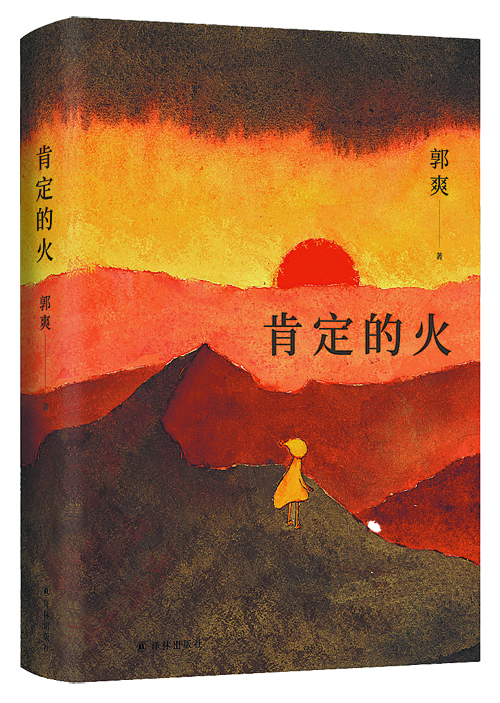
In Gongzhu, a starstruck teenager hosting online friends at home confronts her mother's rebuke. The adolescent protagonist's escape from home becomes a journey of self-discovery.
When the 30-something protagonist of Jiuchongge returns home to examine how two intertwined families were cast onto different destinies in historical tides, the journey becomes not about redefining values but clarifying her origins and real desires for life.
The three protagonists in the book — all "daughters" in reality or spirit — strive to comprehend their era, elders and selves while seeking their "affirming fire". Facing biological or spiritual mothers, they have not only natural affection but also respect and detachment.
In Gongzhu, while the adolescent girl battles maternal control, what is most touching is her eventual compassion toward her mother, and her willingness to compromise and comfort her. Guo incisively dissects this essential growth phase: gaining critical distance from one's family often marks the first step toward self-awareness. True maturation lies not in severance but in rebuilding connections through understanding.
The homecoming women in Jiuchongge shoulder family responsibilities, while the narrator in Shao Huapi, inspired by her mentor Jiao Anbai, gains "truth-seeking" courage after Jiao's passing to face her destiny and become her own "affirming fire".
As such, the three novellas portray a complete picture of growth: the recklessness and confusion of youth, the struggles and reconstruction of young adulthood, and the sedimentation and awakening of middle age.
"Her works have depth, vigor, and solidity. She doesn't just sit in her study and come up with stories; she has a certain insight into the lives of ordinary people. She understands a place and the survival of its people," says Ge Fei, winner of the Mao Dun Literary Prize, China's top literature award, in 2015.
Zhang Xinying, writer and professor of Chinese literature at Fudan University, says, "Guo Shuang's narrative progresses through overcoming resistance. It does not display a smooth and light path, but rather the deep imprints left by the friction and engagement between words and the world of life. From this grinding against the spirit and flesh, a full sense of reality emerges, not dazzling but quietly shining."


